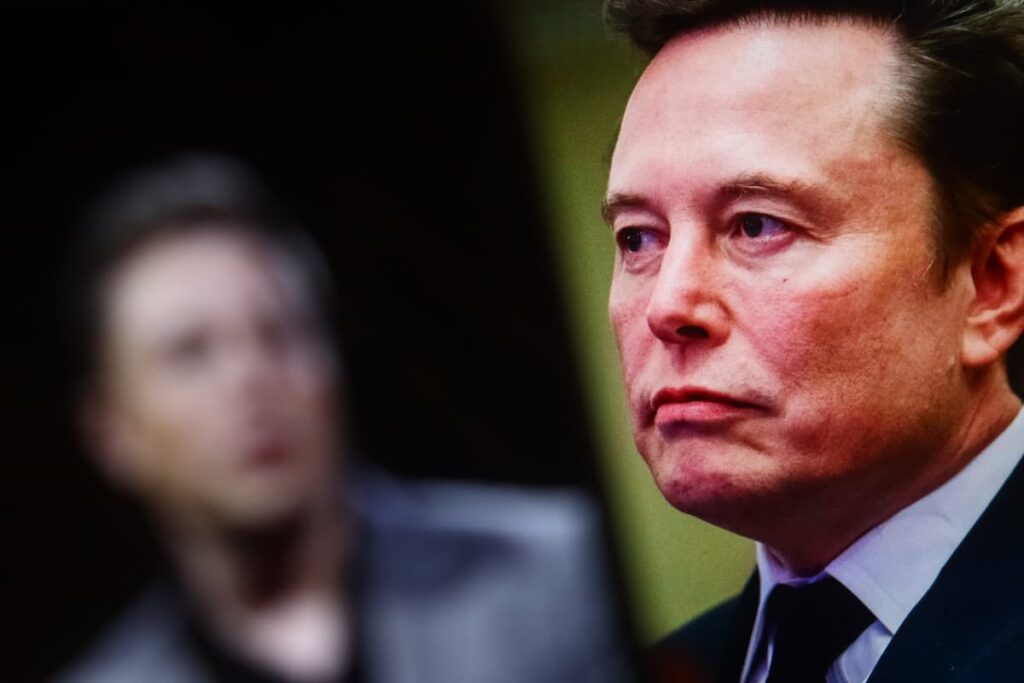Musk Escalates Criticism Over Trump’s Spending Bill
Elon Musk, CEO of Tesla and SpaceX, has taken a stronger public stance against U.S. President Donald Trump’s latest tax and spending proposal, known as the “Big, Beautiful Bill.” The 940-page bill includes sweeping tax cuts and drastic reductions to essential social programs such as healthcare and food assistance.
Once a major campaign donor and ally of Trump, Musk has since turned vocal opponent. He denounced the bill as harmful and reignited his call for the formation of a new political party—one he says would truly prioritize the people’s interests.
The backlash has come not only from Democrats, who strongly oppose the bill’s social cuts, but also from within the Republican Party. Some GOP members worry that the bill’s fiscal impact could alienate key voter blocs.
Political Fallout and Growing Tensions
What began as a political disagreement has evolved into a full-blown public feud between two of the most influential figures in the country. Although Musk and Trump briefly attempted to ease tensions, things quickly escalated as lawmakers prepared to vote on the bill’s amendments.
Musk accused Republican legislators of betraying their promises to reduce federal spending, claiming their support for the bill was hypocritical. He even pledged to campaign against them during upcoming primaries.
In a dramatic statement, Musk mocked the current political system, calling the U.S. a “one-party country” and sarcastically referring to it as the “Porky Pig Party.” His suggestion to start a new political movement aims to challenge the entrenched two-party structure and tap into growing public frustration.
The Republican Party now faces internal turmoil, with some members concerned that the Musk-Trump feud could hurt their chances of holding onto their congressional majority in the upcoming midterm elections.
Trump Strikes Back Over Subsidies
In retaliation, Trump pointed out that Musk’s companies have received substantial government subsidies over the years. He suggested that the Department of Government Efficiency (DOGE), which Musk once led, should review those subsidies as a cost-saving measure.
According to Trump, cutting those benefits could save the country billions of dollars, framing Musk as overly dependent on federal support for his businesses.
Musk was quick to respond via his social media platform, X, declaring that all subsidies—his included—should be eliminated immediately. His stance aims to portray him as independent from government funding, though critics argue that many of his ventures have long relied on public money.
The exchange reflects not only ideological differences but also a power struggle between two towering figures vying for influence in American politics and beyond.
Uncertain Influence and a Fractured Congress
Despite Musk’s high profile and massive following, his actual influence on the legislative process remains unclear. Political analysts note that building a viable political coalition takes more than wealth and media presence—it requires structure, support, and a clear policy agenda.
Republicans are caught between loyalty to Trump and concern over the bill’s long-term effects. The bill’s proposed tax cuts come with a significant increase in national debt, sparking unease among fiscal conservatives.
Meanwhile, Democrats are sounding the alarm over the damage the bill could cause to the country’s safety net, particularly in healthcare and food assistance. Musk’s attempt to unite these opposing factions into a new political movement faces serious practical and ideological obstacles.
The “Big, Beautiful Bill” continues its path through Congress, stirring controversy, division, and renewed debates over spending priorities and political leadership in the U.S. As Musk pushes the idea of a new party and Trump defends his agenda, the future of American politics may be entering a new and unpredictable phase.


